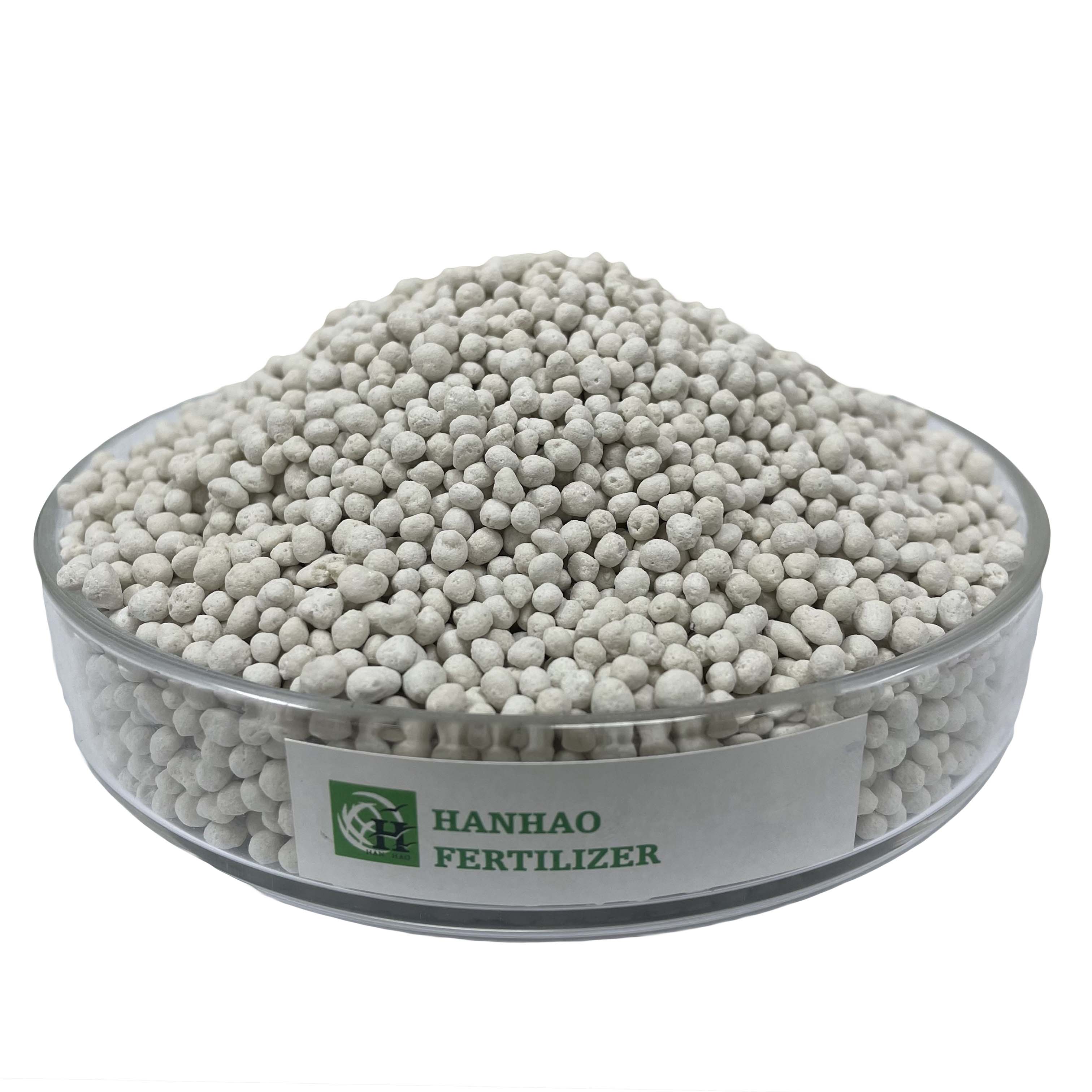
Oct . 11, 2024 16:42 Back to list
Top NPK Fertilizer with Balanced 21-21-21 Ratio for Optimal Plant Growth
The Benefits and Applications of NPK 21-21-21 Fertilizer
Fertilizers play a vital role in modern agriculture, helping to optimize plant growth and increase crop yields. Among the many types of fertilizers available, NPK 21-21-21 is a popular choice among farmers and gardeners due to its balanced nutrient composition. This article will explore the benefits and applications of NPK 21-21-21 fertilizer, underlining its significance in ensuring healthy plant growth.
Understanding NPK 21-21-21
NPK stands for Nitrogen (N), Phosphorus (P), and Potassium (K), which are the three essential macronutrients required by plants in significant quantities. The numbers in 21-21-21 represent the percentage of each nutrient in the formulation. Thus, NPK 21-21-21 provides equal amounts of nitrogen, phosphorus, and potassium, promoting balanced nutrition for plants.
1. Nitrogen (21%) Nitrogen is crucial for the growth of vegetative tissues. It is a key component of amino acids, which are the building blocks of proteins, and chlorophyll, the pigment responsible for photosynthesis. Adequate nitrogen levels result in lush green leaves and vigorous growth.
2. Phosphorus (21%) Phosphorus plays a pivotal role in energy transfer within plants, particularly in the formation of ATP (adenosine triphosphate). It is essential for root development, flowering, and fruiting. Sufficient phosphorus leads to improved root systems and enhanced flowering processes.
3. Potassium (21%) Potassium is important for overall plant health, helping to regulate various physiological processes such as water uptake, enzyme activation, and photosynthesis. Adequate potassium levels improve resistance to diseases, enhance drought tolerance, and increase fruit quality.
Benefits of NPK 21-21-21 Fertilizer
- Enhanced Growth The balanced nutrient proportions in NPK 21-21-21 ensure that plants receive adequate amounts of all three essential macronutrients. This balanced nutrition results in robust growth, high yields, and healthy plants.
- Versatility NPK 21-21-21 can be used across a wide variety of crops, including vegetables, fruits, grains, and ornamental plants. It is suitable for both soil and hydroponic systems, making it an adaptable choice for different agricultural practices.
- Ease of Use This fertilizer is often available in granular or liquid forms, making it easy to apply. Farmers can choose the application method that best suits their crops and soil conditions, ensuring optimized nutrient delivery.
best fertilizer npk 21 21 21

- Soil Health Regular application of NPK 21-21-21 can improve soil nutrient content over time. By ensuring that plants receive the necessary nutrients, it contributes to overall soil fertility, which is essential for sustainable agriculture.
Application Guidelines
When using NPK 21-21-21 fertilizer, it is essential to follow best practices for application to maximize benefits
1. Soil Testing Before application, conduct a soil test to determine the existing nutrient levels. This will help in understanding how much fertilizer is needed for optimal growth.
2. Proper Timing Apply the fertilizer at strategic times, such as during planting or prior to key growth stages. Timing can significantly influence nutrient uptake and plant development.
3. Application Method For granular forms, incorporate the fertilizer into the soil to ensure even distribution and reduce the risk of leaching. For liquid forms, follow instructions carefully to avoid over-fertilization.
4. Watering After application, ensure adequate watering to help dissolve the fertilizer and promote nutrient absorption by plant roots.
5. Monitoring Plant Health Regularly observe plant growth and health. Adjust fertilizer application as necessary based on plant response and any visible nutrient deficiencies.
Conclusion
In conclusion, NPK 21-21-21 fertilizer is an excellent choice for gardeners and farmers seeking to promote healthy plant growth and maximize crop yields. Its balanced nutrient composition ensures that plants receive the key macronutrients they need in even proportions, leading to robust health and productivity. By following proper application guidelines and monitoring plant health, users can make the most of this versatile fertilizer, contributing to sustainable agricultural practices and improved crop production. Using NPK 21-21-21 can be a significant step toward achieving agricultural success, making it a valuable tool in modern farming practices.
-
10 10 10 Fertilizer Organic—Balanced NPK for All Plants
NewsJul.30,2025
-
Premium 10 10 10 Fertilizer Organic for Balanced Plant Growth
NewsJul.29,2025
-
Premium 10 10 10 Fertilizer Organic for Balanced Plant Growth
NewsJul.29,2025
-
Premium 10 10 10 Fertilizer Organic for Balanced Plant Growth
NewsJul.29,2025
-
50 Pound Bags of 13-13-13 Fertilizer for All Plants – Bulk & Organic Options
NewsJul.28,2025
-
High-Efficiency 15-30-15 Granular Fertilizer for Healthy Crops
NewsJul.28,2025
